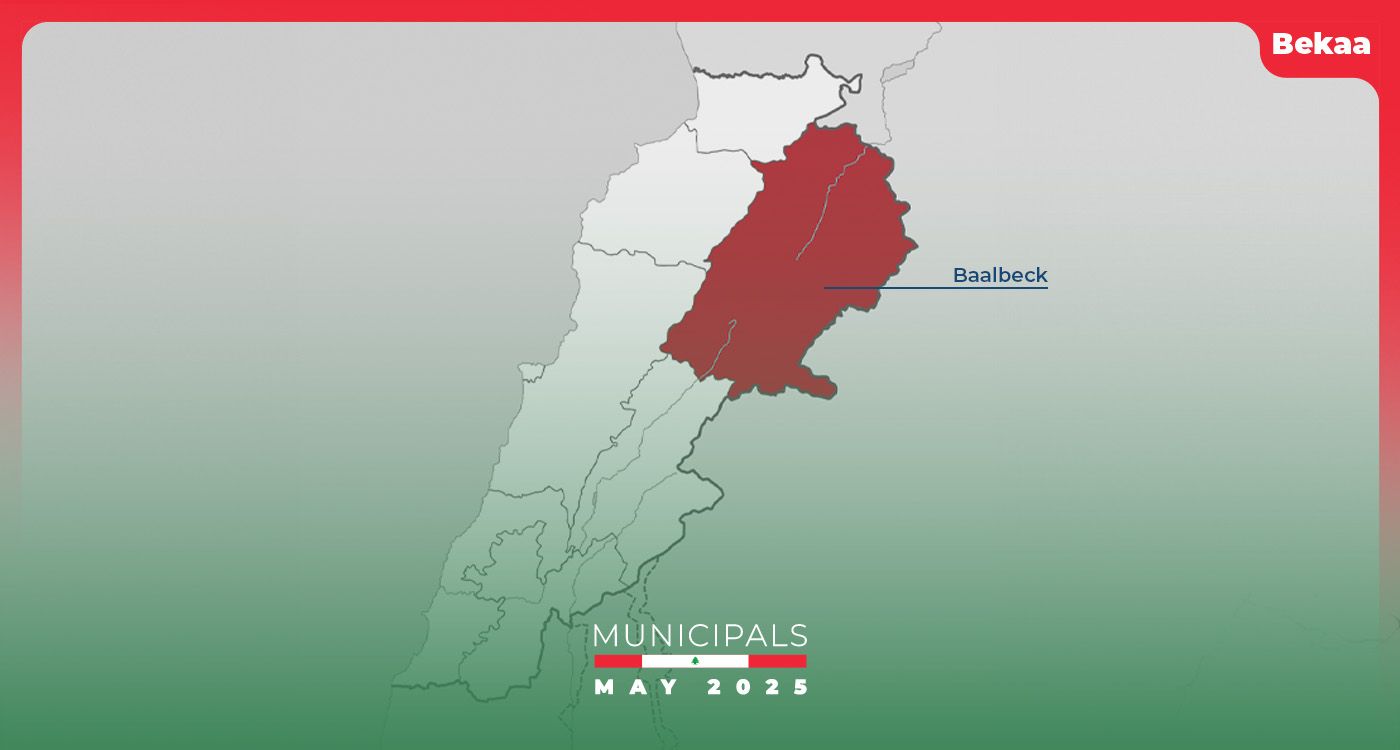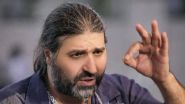
Following the first two weeks of municipal elections in Mount and North Lebanon, attention now turns to Baalbeck, set to vote on May 18. The city is distinguished by its strong tribal affiliations and active political scene.
Tribal Structures and Political Alliances
In Baalbeck, tribal affiliations have historically played a significant role in shaping the local political landscape. These longstanding social structures often intersect with party politics, particularly during municipal elections. For decades, parties such as Hezbollah and the Amal Movement have worked closely with influential families to mobilize support and maintain community stability.
Emerging Generational Trends
Traditional patterns of political alignment are evolving, introducing new dynamics into local decision-making processes.
In response, established political movements have been adapting their strategies. By merging independent candidates from within traditional communities, particularly individuals with youth appeal, these parties are exploring ways to remain connected while also addressing emerging expectations for representation and reform.
A significant feature of this year’s elections is the nomination of a woman candidate on the list supported by Hezbollah and Amal entitled “Development and Fidelity”—a first for Baalbeck.
A Changing Civic Landscape
This evolving environment has naturally introduced new discussions and debates. In Baalbeck city, some local families have expressed a desire for broader participation in electoral planning and governance. Amid concerns over urban development and service delivery, initiatives such as “Baalbeck Madinati” (Baalbeck my city) have emerged. Framed as a citizen-focused platform, this list promotes ideas centered on transparent governance, inclusive leadership and sustainable development, including increased youth and women’s participation.
A Short Flashback
In the 2016 elections, the opposition list “Baalbeck Madinati,” supported by the Future Movement, Jamaa Islamiya and some local families, managed to get 35.2% of the vote, while the Hezbollah-Amal list won 55.2%. This was a promising result for a new opposition movement, but it also showed how firmly the ruling alliance still held power.
Today, the Sunni community in Baalbeck remains divided, especially after the Future Movement's withdrawal from politics and failed attempts to coordinate with the dominant alliance.
A Slight Foreshadow
The 2025 municipal elections in Baalbeck are shaping up to be a significant moment, not only for the city but, more broadly, for Lebanon’s local governance landscape. As established actors and emerging groups engage in electoral processes, questions about tradition, reform, representation and accountability come into focus.
Ultimately, the elections offer an opportunity for citizens to consider the direction of their local institutions and to participate in shaping that future. Whether through continuity or change, Baalbeck’s municipal vote may serve as a lens into how Lebanon’s communities are navigating the intersection of legacy and renewal.




Comments